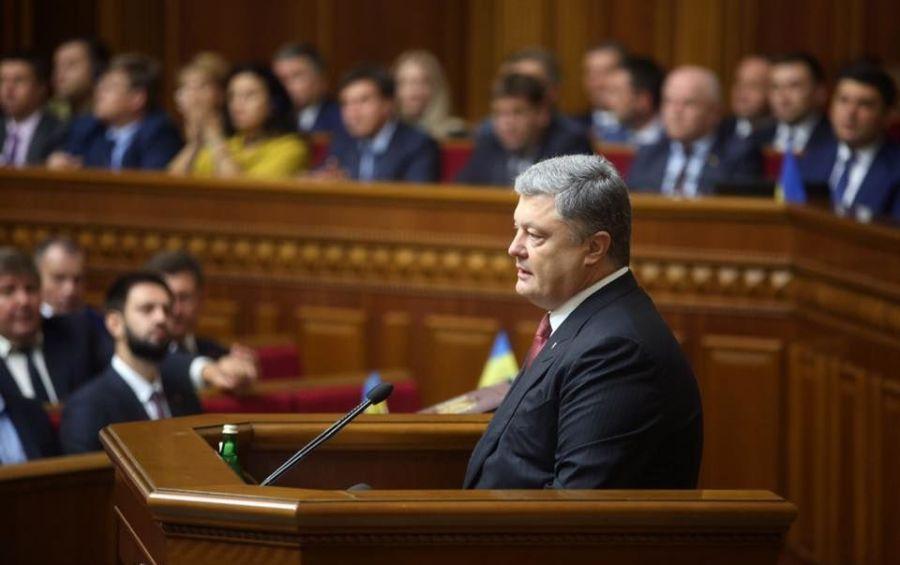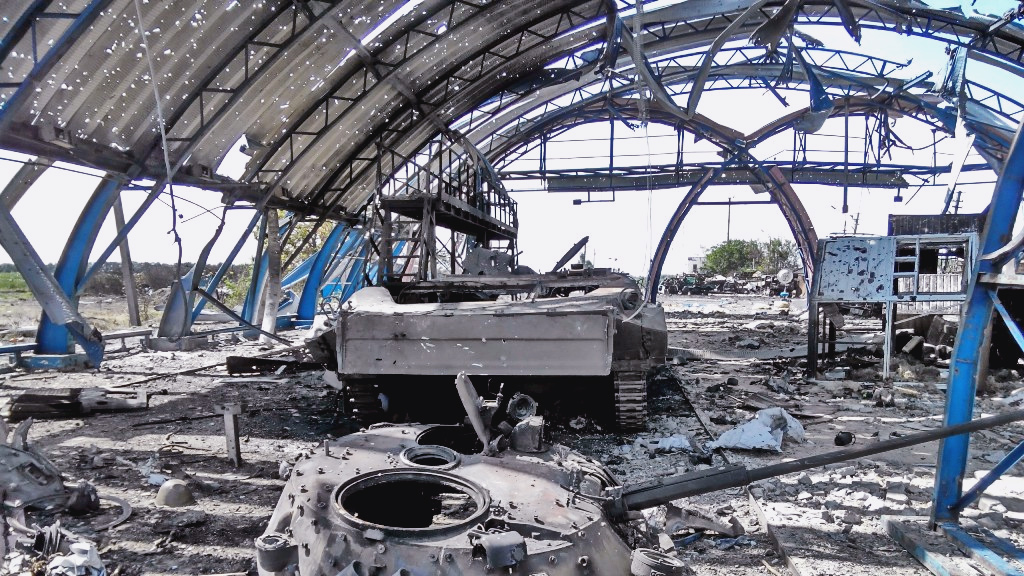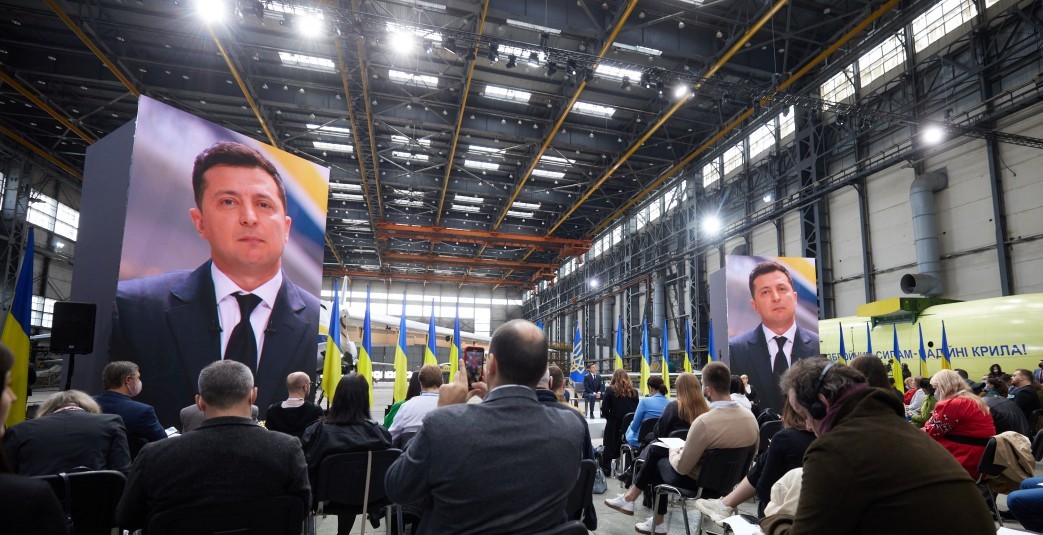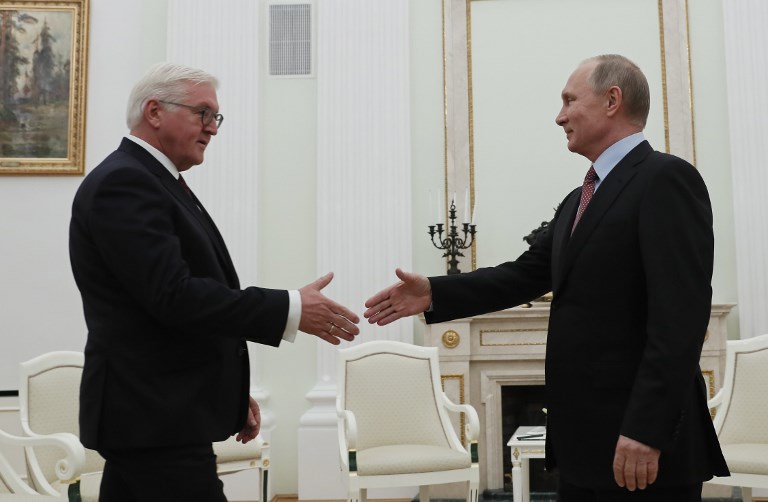At the end of August, Ukraine's new president Volodymyr Zelenskyy marked his first 100 days on the position. On 19-26 August, the Ilko Kucheriv Democratic Initiatives Foundation conducted a study among experts asking about Zelenskyy's first successes and failures. 51 experts were questioned for the study. They also determined the most significant issues which have to be worked on next.
In general, the experts assessed Zelenskyy's actions during his first 100 days as 3.7 points out of 10. Compared to him, president Petro Poroshenko received 6.3 for his first 100 days in 2014, and Viktor Yanukovych - 2.7 in 2010.
According to the experts, Zelenskyy's main success so far is the dissolution of the old parliament and the subsequent success of the Servant of the People's Party during the early elections to the Verkhovna Rada [Parliament] which allowed it to form a one-party majority.
Experts also note the president's foreign policy efforts. In particular, his first foreign trips, establishing contacts with leaders of EU countries, Canada, and a scheduled meeting with the President of the United States. All of this shows that he is sticking to the pro-western direction.
Among the successes, the experts also named the president's initiatives on the Donbas peace process - revitalization of the Minsk process, efforts to hold negotiations in the Normandy format, certain changes in the issue of hostage exchange etc. There were also some statements and steps which give hope for the continuation of the law enforcement reform.
Among Zelenskyy's main failures, the experts often mentioned individual appointments and appointments to public positions not according to the principle of professionalism, but according to personal connections and loyalty. The same applies to the inclusion of people with ambivalent reputation to the party list of the Servant of the People.
Among the failures in foreign policy, the experts noted the lack of efforts to counter the return of Russia to PACE, the lack of initiative to tighten sanctions against Russia for its failure to comply with the decision to release Ukrainian sailors and for issuing passports in the occupied Donbas. Zelenskyy's [raucous and familiar] style of behavior during public meetings in the regions and the ineffectiveness of the ceasefire in the Donbas were also considered as failures.
The experts underlined three priorities on which the president should focus on in terms of internal policy. First, the state anti-corruption policy. The president should facilitate relaunching the corresponding bodies and the successful launch of the High Anti-Corruption Court, which will ensure the inevitability of punishment. The second priority direction is more short-term. In the near future, he should as soon as possible suggest his candidates for the Prime Minister and the ministers within his sphere of authority and, together with the Verkhovna Rada, form a government based on the principle of professionalism. The same applies to other positions. In particular, the nomination of the Prosecutor General, the Chairman of the Security Services (SBU), the National Bank, etc. Third, the president should support the continuation of law enforcement reform: the courts, the Security Service of Ukraine, and the prosecutor's office. Another important point is the presentation of a program on the president's vision of the goals and content of public policy in different areas of public life.
The experts name countering Russian aggression with all available diplomatic methods as the main task in foreign policy. This includes working to maintain and strengthen sanctions against Russia, and preserving the anti-Putin coalition to liberate Donbas and Crimea, as well as to release Ukrainian political prisoners. Among the other tasks are establishing cooperation with major partners, in particular the US and the EU, the need to make progress in the Normandy format, attracting new players to it, and making Ukraine play a more active role in this format. Experts also gave high priority to European and Euro-Atlantic integration. In it, entering them should be the ultimate goal for Ukraine.
Also, the Ilko Kucheriv Democratic Initiatives Foundation presented research revealing Ukrainians' attitude toward their new president. 63% of the respondents positively evaluated Zelenskyy's and his team's first steps. Only 13% evaluated them negatively. 24% have not decided
The survey took place from 8 to 20 August, 2019. 2040 respondents over 18 were interviewed. The sampling error does not exceed 2.3%.





